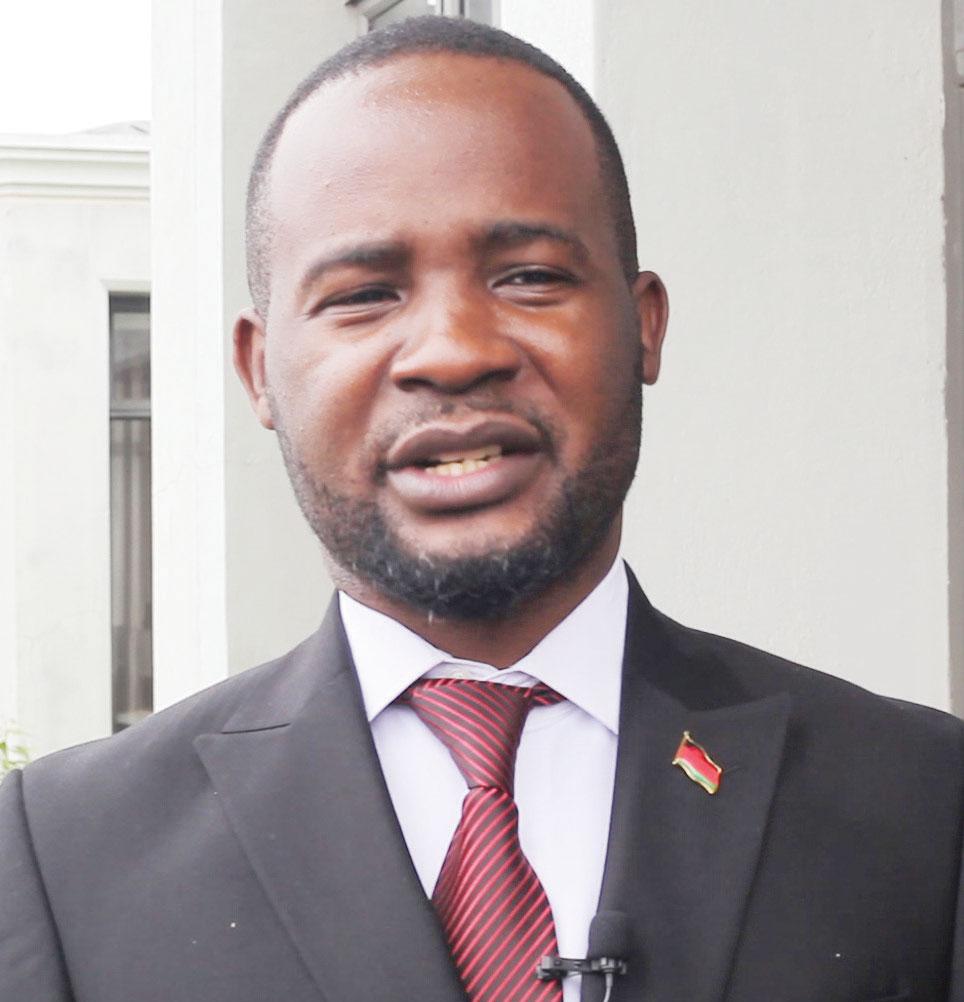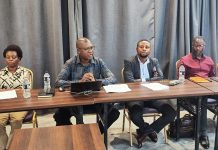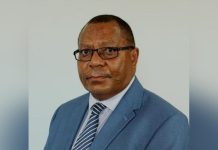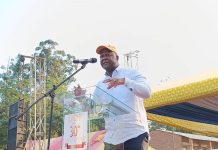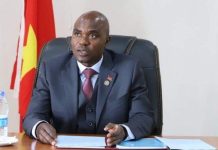Africa-Press – Malawi. As the joint International Monetary Fund (IMF) and World Bank spring meetings start in Washington DC, the United States (US), today, Finance Minister Sosten Gwengwe says Malawi will push for an IMF programme during the indaba.
Malawi has been without an IMF programme since the last Extended Credit Facility (ECF) programme was cancelled by the Tonse Alliance-led administration.
Speaking ahead of the meetings Sunday, Gwengwe said Malawi had set getting back to a programme with the fund as a priority, adding that they were clearing some legacy huddles like the misreporting audit, which should be out in a few weeks.
“Meanwhile, we hope to proceed to formal negotiations sooner than later.
“We also want to use the spring meetings to strengthen our ties with bilateral and multilateral lenders. A lot of side meetings have been arranged with US treasury officials, UK [United Kingdom], the World Bank and other partners that have traditionally supported us,” Gwengwe said.
In the absence of the IMF programme, donor support has remained erratic, leading to an acute shortage of foreign exchange. Meanwhile, Centre for Research and Consultancy Director Milward Tobias has said the IMF plays the role of referee to the rest of traditional donors because of its expected competence and mandate to assess whether a national economy is managed properly.
According to Tobias, when the IMF grants a programme, it is a stamp of confidence that the political administration is able to manage public resources well.
“Other donors, therefore, follow suit to provide support. Donor support in Malawi is more than additional resources; it is also a significant source of foreign exchange and has a knock-on effect on the exchange rate which, in turn, helps stabilise prices.
“Government should therefore continue engaging the IMF for possible granting of a programme,” Tobias said.
Speaking on Thursday ahead of the spring meetings, IMF Managing Director Kristalina Georgieva said the world economy was facing a crisis on top of a crisis.
“First, the pandemic: it turned our lives and economies upside down— and it is not over. The continued spread of the virus could give rise to even more contagious or, worse, lethal variants, prompting further disruptions—and further divergence between rich and poor countries.
“Second, the war: Russia’s invasion of Ukraine, devastating for the Ukrainian economy, is sending shockwaves throughout the globe,” Georgieva said. The spring meetings are expected to run up to Sunday and will be held in hybrid format.
For More News And Analysis About Malawi Follow Africa-Press

